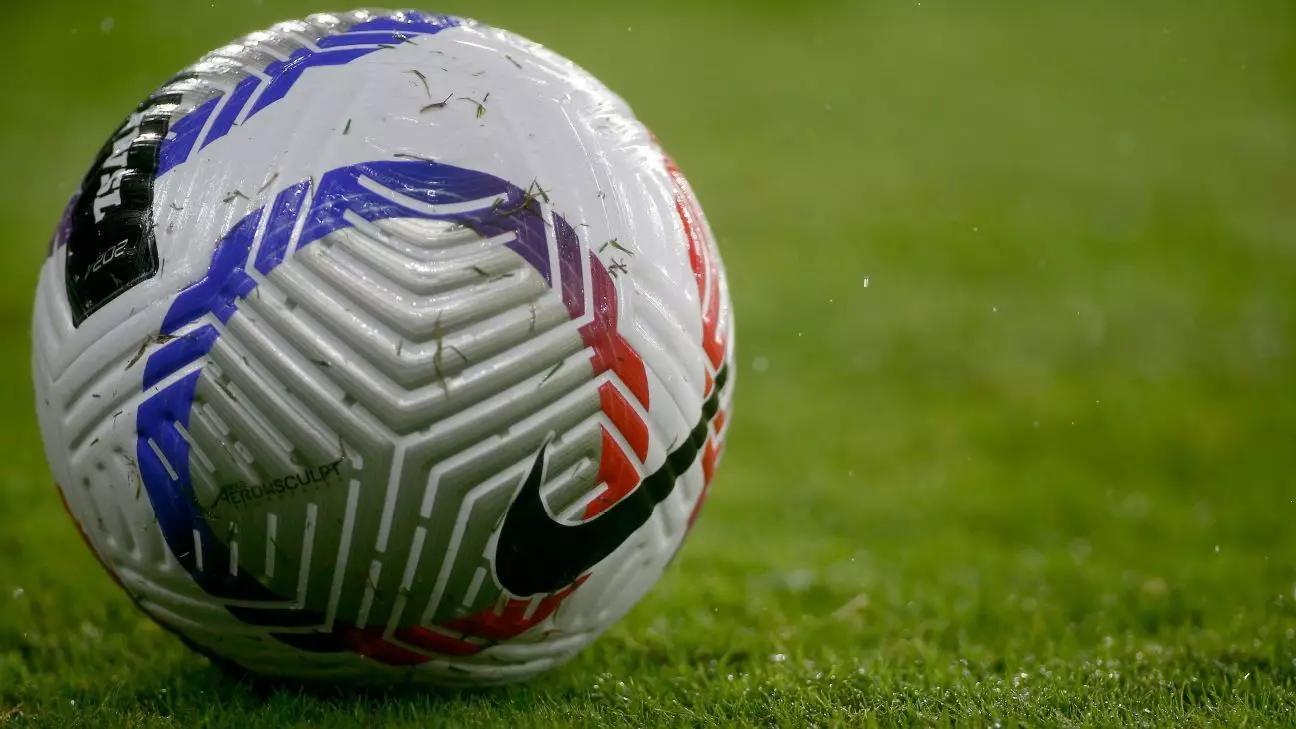The world of women’s sports continues to battle complications rooted in workplace discrimination and misconduct, as evidenced by a recent lawsuit involving former employees of San Diego Wave FC. This growing concern highlights not only the challenges faced by workers in the professional sports arena but also raises critical questions about accountability and the culture within both the San Diego club and the National Women’s Soccer League (NWSL).
Five ex-employees of San Diego Wave FC have initiated legal action against the organization and the NWSL over a wide range of serious allegations, including discrimination, sexual harassment, retaliation, and wrongful termination. These claims echo similar accusations brought to light by Brittany Alvarado, a former employee who alleged that the club cultivated a toxic work environment that affected her mental and emotional well-being.
The legal documentation asserts that a hostile work culture was not merely an individual issue, but rather a systemic problem within the organization. By echoing Alvarado’s grievances, these five former employees paint a picture of a club leadership that neglected the safety and morale of its workers. This suggests a critical need for a thorough and independent examination of the club’s internal environment.
Interestingly, while allegations against team president Jill Ellis were significant enough to prompt a defamation lawsuit from her side, she is notably absent as a defendant in this latest lawsuit. This raises pertinent questions about how accountability is defined and enforced within the league. For organizations like San Diego Wave FC, the real issue is not just public perception but the substantive response to unfounded allegations and a transparent approach to the claims being made.
The lawsuit also criticizes the NWSL for failing to document complaints adequately or conduct independent investigations into the allegations raised. It is alarming to note that former employees felt their issues were not taken seriously. For instance, a pivotal allegation within the lawsuit describes Jane Doe, a first-season hire, being subjected to alleged sexual assault multiple times by a coworker upon her joining in July 2022. The courage to step forward with such accusations is commendable, but the fear of retaliation and job loss kept Doe from reporting these incidents to authorities.
The disheartening nature of this situation is compounded by the reported lack of action taken by both the club and the league. According to the lawsuit, when Jane Doe sought assistance from her manager regarding the alleged trauma inflicted by a colleague, her report was met not with support but rather a swift placement on leave. Her subsequent termination mere days later further underscores an environment that appears to prioritize maintaining a façade over fostering a culture of safety and respect.
Moreover, the NWSL’s investigation methodology comes under scrutiny, particularly the suggestion that terminology used by victims directly affects how their complaints are interpreted. Such a stance not only illustrates a lack of sensitivity towards survivors of sexual assault but also fosters a culture where potential victims may hesitate to report misconduct. This raises ethical questions about the language barriers exist in legal procedures and how they can inadvertently silence traumatic accounts.
The larger ramifications of this lawsuit extend beyond the individuals involved. The past few years have seen various investigations uncover systemic abuse in women’s leagues, leading to significant organizational reforms. Yet, the recurrence of such allegations within the NWSL suggests that serious gaps in accountability, transparency, and protection for employees remain unresolved. Getting to the root of these systemic issues demands robust reforms that prioritize the safety, health, and well-being of all employees.
The NWSL’s statements following these allegations reflect a commitment to handling misconduct seriously, but trust in such promises is contingent upon consistent follow-through and tangible changes. The league must prove its dedication to eradicating harmful practices and fostering a genuinely inclusive environment for women in sports.
As the legal proceedings unfold, it becomes crucial for the NWSL and its member clubs, like San Diego Wave FC, to confront these allegations head-on. A culture of accountability, transparency, and support needs to be established, ensuring that all players and staff can work without fear of retribution. The landscape of women’s sports is evolving, and these organizations must adapt to meet the ethical and moral expectations of modern society.
The unfolding situation at San Diego Wave FC stands as a sobering reminder of the work that still remains in ensuring safe working environments in professional sports. For change to take root, both organizations and the league must listen to these voices, putting in place structures that transform culture from one of fear to one of respect and support.


Napsat komentář